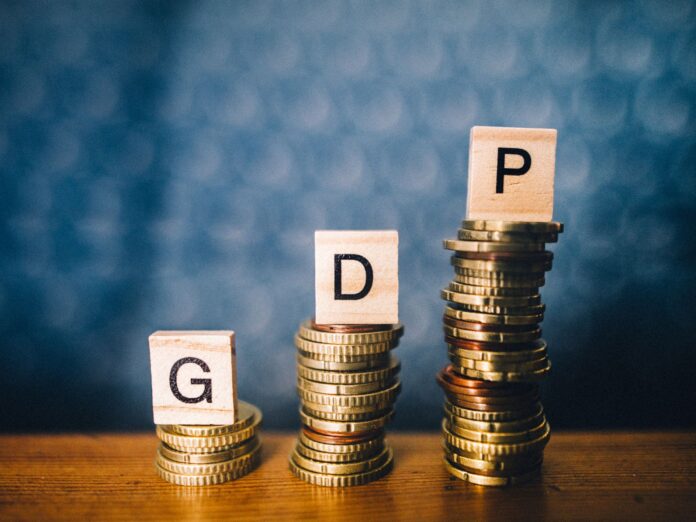Pakistan’s economic growth is projected to rise to 2.8% in the fiscal year 2024-25 and further to 3.2% in 2025-26, according to the World Bank’s latest “Global Economic Prospects” report.
These figures mark an upward revision of 0.5 percentage points for both years compared to earlier forecasts in June.
The report attributes the improved outlook to moderating inflation, which is expected to boost industrial activity and reduce uncertainty, thereby fostering investor and business confidence.
However, the Bank cautioned that despite these positive trends, tight fiscal and monetary policies will keep growth below potential in the foreseeable future.
The World Bank estimated that Pakistan’s growth rebounded to 2.5% in FY24 (July 2023 to June 2024) after a period of contraction. This recovery was driven by stronger agricultural output, supported by favorable weather, and a rebound in industrial production following the lifting of import restrictions and reduced political uncertainty post-general elections in February.
Inflation in Pakistan dropped to single digits in August 2024 for the first time since late 2021, largely due to stringent fiscal and monetary policies. This decline prompted the central bank to begin reducing policy rates, further easing inflationary pressures.
The report highlights regional trends, noting that growth in South Asia, excluding India, rose to 3.9% in 2024 from 3% in 2023, largely due to recoveries in Pakistan and Sri Lanka. However, it flagged concerns over per capita income growth in countries like Bangladesh, Pakistan, and Sri Lanka, which remains weaker than pre-pandemic levels. This slower pace of income growth is expected to impede poverty reduction and delay economic catch-up with higher-income nations.
The World Bank expressed concerns about food insecurity in Pakistan, noting that while hunger has moderated in some countries, it remains a significant challenge in Afghanistan and Pakistan compared to the decade before the pandemic.
Delays in implementing policy reforms, particularly under IMF-supported programs, pose additional risks for countries like Pakistan, Maldives, and Sri Lanka. The report warned that such delays could erode investor confidence, trigger capital outflows, and increase fiscal vulnerabilities. A lack of fiscal discipline could raise borrowing costs for both the government and the private sector, dampening private investment and slowing economic activity.
While fiscal adjustments are expected to stabilize deficits in South Asia, the report pointed out that higher interest payments in Pakistan and infrastructure investments in Bangladesh could offset these gains, maintaining pressure on public finances.
























